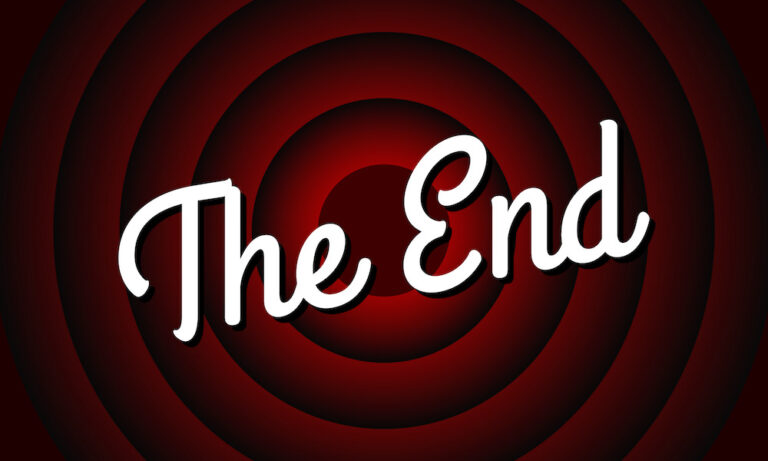
House of Cards, Season 3, Episodes 7-13
Premiered on Friday, February 27th on Netflix Instant
Although the Underwood couple, in all their conniving glory, are one of the main appeals of House of Cards, season three presents a slow but forceful tear between Frank and Claire that drives the plot into new territory. With Frank resorting to old, but now ineffectual, methods of coercion by putting his foot down until he gets his way, he finds himself weakened under Claire’s unwavering high heel. Restless and tired of her husband’s ways and her seemingly permanent position at his side, she ends the season with the exciting and unexpected decision to leave him. In spite of the fact that Frank and Claire seem to be an unbreakable duo hellbent on complete power, there are several moments throughout the latter half of season three that seem to suggest that Claire wants to surpass her husband’s position, or at least break apart the illusion that they are a single organism. This is most evident in the multiple scenes where she is sitting alone at the presidential desk.
The dynamic between Underwood and adversary Heather Dunbar during the 2016 presidential election is captivating and often infuriating, as it depicts the latter’s quick descent into shadier tactics for her own personal gain, all while Frank remains in the dregs of morality he has always been in. There is a desire to root for Frank due to his unchanging, albeit despicable, persona, and a subsequent air of disappointment for Dunbar’s extremely hasty decision to dig for dirt on the Underwood administration. In many anti-hero dramas, there is often an inherent assumption that the main character will succeed no matter what hurdle is thrown at them, but it remains unclear throughout the latter half of this season if Frank will win the election, due to the fact that he fails just as often as he succeeds. This makes the series exciting instead of predictable, and leads to a greater pay-off during moments when Frank does get his way.
This season is undoubtedly more emotional than it has been in the past, giving a more human element to its characters and adding an extra dimension for viewers to enjoy. Aside from Claire and Frank, Douglas Stamper, in his endless pursuit to settle the score with Rachel Posner, is far more hot-headed and reckless than he’s been before. As a viewer, there is an initial fear that any character depicting an addictive personality may end up repeating Peter Russo’s arc, which would be predictable and disappointing. Fortunately, the writers take it to an entirely new place, ending in the demise of Posner and Stamper returning to his place as Underwood’s right hand man. Although Stamper has always been Frank’s resource for taking care of illegal activity, with the higher level of tension in this past season, there is a feeling that more will be required of him in the future, which will take the series to an even darker place.
Kevin Spacey is perfectly cast as Frank Underwood. In the initial seasons, Underwood’s accent often fluctuated, which occasionally made him feel like a caricature. Fortunately, in these latest episodes, the thick Southern drawl sounds less affected than it has in the past, making it more believable. Although Spacey is at the top of his game in season three, Michael Kelly steals every scene as Douglas Stamper, with the narrative this season giving him more of an opportunity to expand on the unsettling and wounded coldness of Stamper. This season also features Lars Mikkelsen as the Putin-esque Russian president Victor Petrov, whose showboating nature next to Underwood adds to the overall tension to the series. Punk rock activists Pussy Riot were also featured in this season as characters in combat with Petrov’s harsh anti-gay agenda, and they have stated in interviews that Petrov’s harshness is nothing compared to the unsympathetic Putin.
House of Cards’ writers definitely understand their audience and how to appeal to it. It is a palatable but dense series that is easy to binge-watch, driven by a web of personal politics between the characters that appears convoluted, but is as easy to understand as any other drama in its league. Viewers of the series want snappy one-liners from Frank, icy coolness from Claire, and an empire of dirt beneath them, which is exactly what is being brought to the table for season three. Although it seems to follow a checklist of what will make a well received season of House of Cards, there is still enough that is unique, such as the new tear between the Underwoods, and subsequent seasons will undoubtedly continue down the path of depravity that viewers love to see on the Netflix show.






